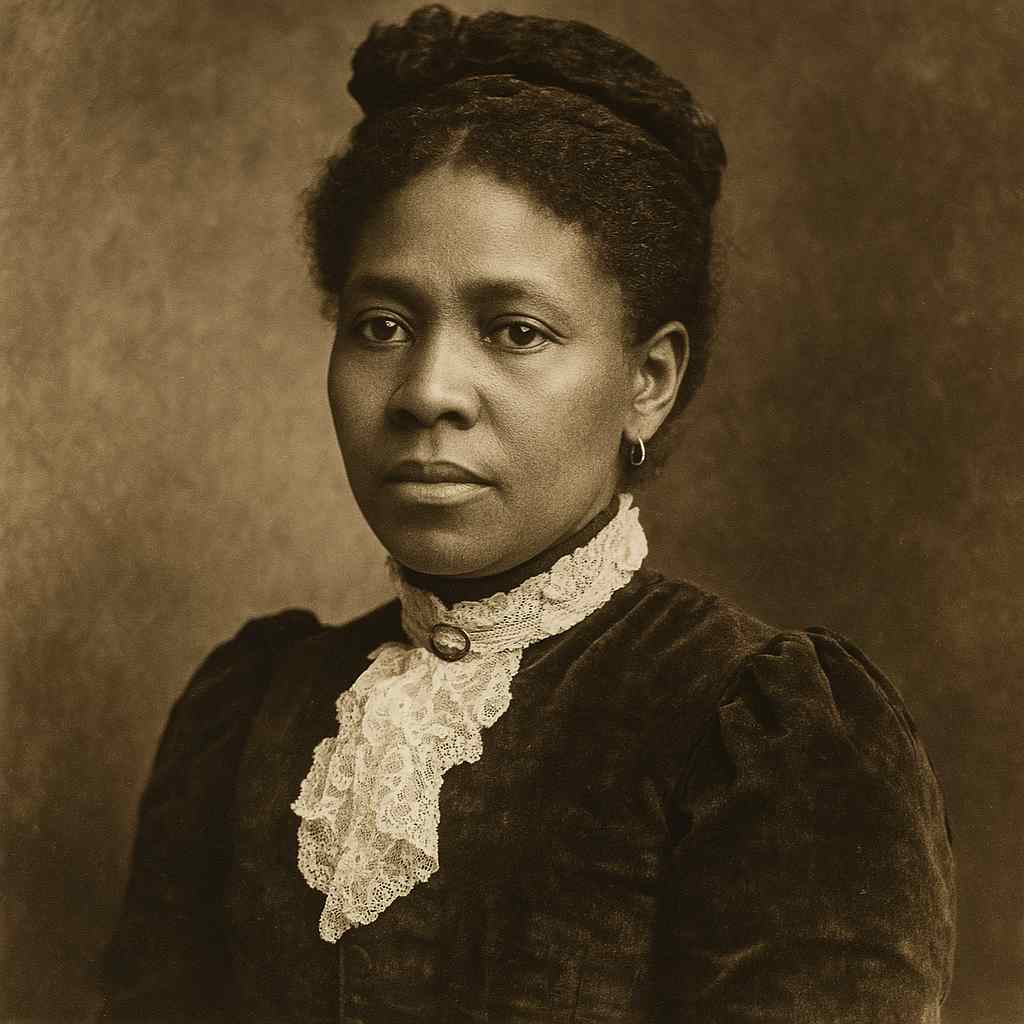1 Poems by Myra Viola Wilds
c.1880 - c.1935
Myra Viola Wilds Biography
Myra Viola Wilds, an obscure but intriguing figure in American poetry, lived and wrote in the late 19th and early 20th centuries. While her life remains largely shrouded in mystery, her sole published work, a collection of poems titled "Thoughts of Idle Hours," offers a tantalizing glimpse into the mind of a poet who, despite her relative anonymity, crafted verses that speak to the human condition with surprising depth and clarity.
Born in the latter half of the 19th century, likely around 1880, Wilds hailed from Kentucky, a state known for its rich literary tradition. The exact details of her birth and early life are elusive, reflecting the often-overlooked status of women, particularly women of color, in the historical record of that era. This absence of biographical information has led some scholars to speculate about her background, with some suggesting she may have been of African American descent, though this remains unconfirmed.
Wilds' poetic voice emerged during a time of significant social and cultural change in America. The aftermath of the Civil War, the ongoing struggles for racial equality, and the burgeoning women's suffrage movement formed the backdrop against which she developed her artistic sensibilities. While her work does not overtly address these issues, the undercurrents of resilience and quiet contemplation that run through her poems suggest an awareness of the complexities of her time.
"Thoughts of Idle Hours," published in 1915, stands as Wilds' sole contribution to the literary world. This slim volume, containing just over 100 poems, showcases a range of themes and styles that belie its modest size. Wilds' poetry is characterized by its accessibility and emotional resonance, often focusing on nature, love, loss, and the passage of time. Her verses, while not revolutionary in form, demonstrate a keen eye for detail and a nuanced understanding of human emotions.
One of the most striking aspects of Wilds' work is her ability to infuse seemingly simple observations with profound meaning. In poems such as "The Rainbow," she uses vivid imagery to explore themes of hope and transience. Her nature poems, which form a significant portion of her oeuvre, reveal a deep connection to the natural world and an ability to find beauty and wisdom in the most ordinary of scenes.
Wilds' treatment of love and relationships in her poetry is particularly noteworthy. Poems like "Love's Seasons" and "The Heart's Desire" explore the complexities of romantic love with a maturity and insight that suggest personal experience. However, the absence of biographical details makes it difficult to connect these works directly to events in her life, leaving readers and scholars to speculate about the inspirations behind her more personal verses.
The spiritual dimension of Wilds' poetry is another aspect that has attracted scholarly attention. Several of her poems touch on themes of faith, morality, and the search for meaning in life. While not overtly religious, these works suggest a deep-seated spirituality that informed her worldview and her art. This spiritual undercurrent adds depth to her poetry, elevating it beyond mere sentimentality.
Despite the quality of her work, Wilds remained largely unknown during her lifetime and for many years after. The publication of "Thoughts of Idle Hours" appears to have been a limited run, and there is no evidence of widespread critical reception or popular success. This lack of recognition may be attributed to various factors, including the challenges faced by women, especially women of color, in gaining literary recognition during that period.
The rediscovery of Myra Viola Wilds in recent years has sparked renewed interest in her life and work. Scholars of African American literature and women's studies have begun to examine her poetry in the context of early 20th-century American literature, exploring how her voice fits into the broader tapestry of marginalized writers from that era. Some have drawn comparisons between Wilds and other poets of her time, such as Paul Laurence Dunbar and Frances Ellen Watkins Harper, noting similarities in themes and sensibilities.
The mystery surrounding Wilds' life has, paradoxically, contributed to the growing fascination with her work. The paucity of biographical information has led researchers and poetry enthusiasts to engage in literary detective work, scouring historical records and analyzing her poems for clues about her life and experiences. This ongoing quest to uncover more about the poet has kept her work alive and relevant, inspiring new generations of readers and writers.
In conclusion, Myra Viola Wilds remains an enigmatic figure in American poetry, her life story as elusive as the fleeting moments she so often captured in her verses. Her single volume of poetry, "Thoughts of Idle Hours," stands as a testament to her artistic vision and sensitivity. While she may have been overlooked in her own time, the enduring quality of her work and the mysteries surrounding her life continue to captivate scholars and poetry lovers alike. As research into her life and work continues, Myra Viola Wilds serves as a poignant reminder of the many voices that have contributed to the rich tapestry of American literature, waiting to be fully heard and appreciated.
This text was generated by AI and is for reference only. Learn more
Username Information
No username is open
Unique usernames are free to use, but donations are always appreciated.
Quick Links
© 2024-2025 R.I.Chalmers (V2Melody).

All music on this site by R.I.Chalmers (V2Melody) is licensed under a Creative Commons Attribution-NonCommercial 4.0 International License.
Attribution Requirement:
When using this music, you must give appropriate credit by including the following statement (or equivalent) wherever the music is used or credited:
"Music by R.I.Chalmers (V2Melody) – https://v2melody.com"
Support My Work:
If you enjoy this music and would like to support future creations, donations are always welcome but never required.
Donate


